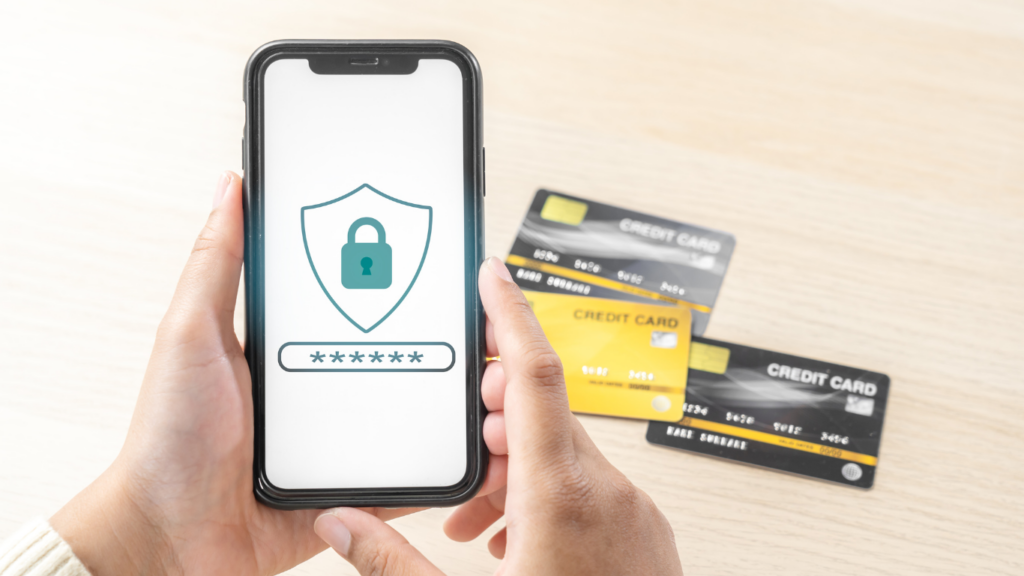Why Strong Passwords Are Important
Strong passwords are vital because they protect sensitive personal information. In a world where cyber threats are common, weak passwords create vulnerabilities. Hackers can easily exploit weak passwords through methods like brute force attacks, where they try numerous combinations to gain access.
Data breaches often occur due to compromised passwords. For example, in 2019, over 4 billion records were exposed due to weak password protocols. Such breaches can lead to identity theft, financial loss, and unauthorized access to personal accounts.
Sensitive accounts, such as those for banking and email, require robust passwords. A strong password should include a mix of letters, numbers, and symbols. For example, “P@ssw0rd123!” is much stronger than “password123.” This complexity makes it harder for attackers to crack.
Password reuse is another significant risk. If a hacker obtains a password from one site, they could access other accounts using the same password. Always create unique passwords for different accounts.
Implementing two-factor authentication (2FA) adds an additional layer of security. Even with a strong password, 2FA requires a second form of verification, reducing the risk of unauthorized access.
Using password managers can help manage strong, unique passwords for multiple accounts. These tools securely store and autofill passwords, simplifying the process of maintaining robust security without compromising ease of access.
Strong passwords and protective measures create a solid defense against cyber threats. Regularly updating passwords and using security tools makes online activities safer and more secure.
Characteristics of a Strong Password
Creating a strong password involves understanding the key elements that increase its security. It’s vital to consider length, complexity, use of special characters, and avoiding common passwords.
Length and Complexity
A strong password should be at least 12 characters long to ensure adequate security. Complexity enhances protection against brute-force attacks. Combining uppercase and lowercase letters, numbers, and symbols increases the strength. Phrases or random word sequences add complexity while making the password easier to remember.
Use of Special Characters
Incorporating special characters such as @, #, $, and % significantly boosts a password’s security. These characters add an extra layer of difficulty for attackers. Example: “P@ssw0rd#2023” is stronger than “Password2023”.
Avoiding Common Passwords
Common passwords like:
- 123456
- password
- qwerty
compromise security. Cyber attackers can easily guess these. Using unique, unpredictable passwords minimizes the risk. Example: Avoid using easily accessible personal information like birthdates or names.
Tools for Creating Strong Passwords

Using the right tools simplifies creating and managing strong passwords. I’ll explore two main categories: password generators and password management software.
Password Generators
- Password generators create random and complex passwords that are hard to guess.
- These tools ensure passwords meet security criteria, with combinations of letters, numbers, and special characters.
- Services like LastPass, 1Password, and Dashlane offer built-in generators for optimal password creation.
- A strong password generated might look like “aB3$9Kl@7Qz!” which includes uppercase, lowercase, numbers, and special characters.
Password Management Software
Password management software securely stores and organizes passwords. These programs save passwords, usernames, and other credentials in encrypted vaults, ensuring only authorized access. Top options include LastPass, 1Password, and Dashlane. For instance, LastPass stores all logins under a single master password, simplifying secure access. Using such software reduces the need to remember multiple passwords, allowing focus on creating stronger, unique ones for each account.
Tips for Keeping Passwords Safe
Keeping passwords safe is crucial for maintaining online security. Here are some strategies to ensure your passwords remain protected.
Avoid Reusing Passwords
Reusing passwords across multiple accounts poses significant risks. If one account gets compromised, all accounts using the same password become vulnerable. Always create unique passwords for each account to minimize security risks.
Implement Two-Factor Authentication
Two-factor authentication (2FA) adds an extra layer of security. Besides the password, it requires a second form of verification, such as a text message code or authentication app. 2FA significantly reduces the chances of unauthorized account access.
Regularly Update Passwords
Updating passwords regularly mitigates the damage from potential breaches. Even if an old password is compromised, it won’t be effective if it’s no longer in use. Aim to update passwords every six months to enhance security.
Common Mistakes to Avoid
Creating strong passwords and keeping them safe is crucial for protecting online accounts. Here are common mistakes to avoid to enhance password security.
Writing Passwords Down
Many write passwords down to remember them more easily. However, if someone gains access to that written record, they can compromise accounts. Instead, use a password manager to store and encrypt passwords securely. Password managers like LastPass, 1Password, and Dashlane help by keeping all credentials in one safe, encrypted digital vault.
Sharing Passwords with Others
Sharing passwords with others increases the risk of exposure. If others need access, try using password management tools with shared access features. These tools allow you to share access to accounts without revealing the actual password, ensuring that your credentials remain secure. Refrain from sharing passwords through email or messaging apps, where they can be intercepted easily.





